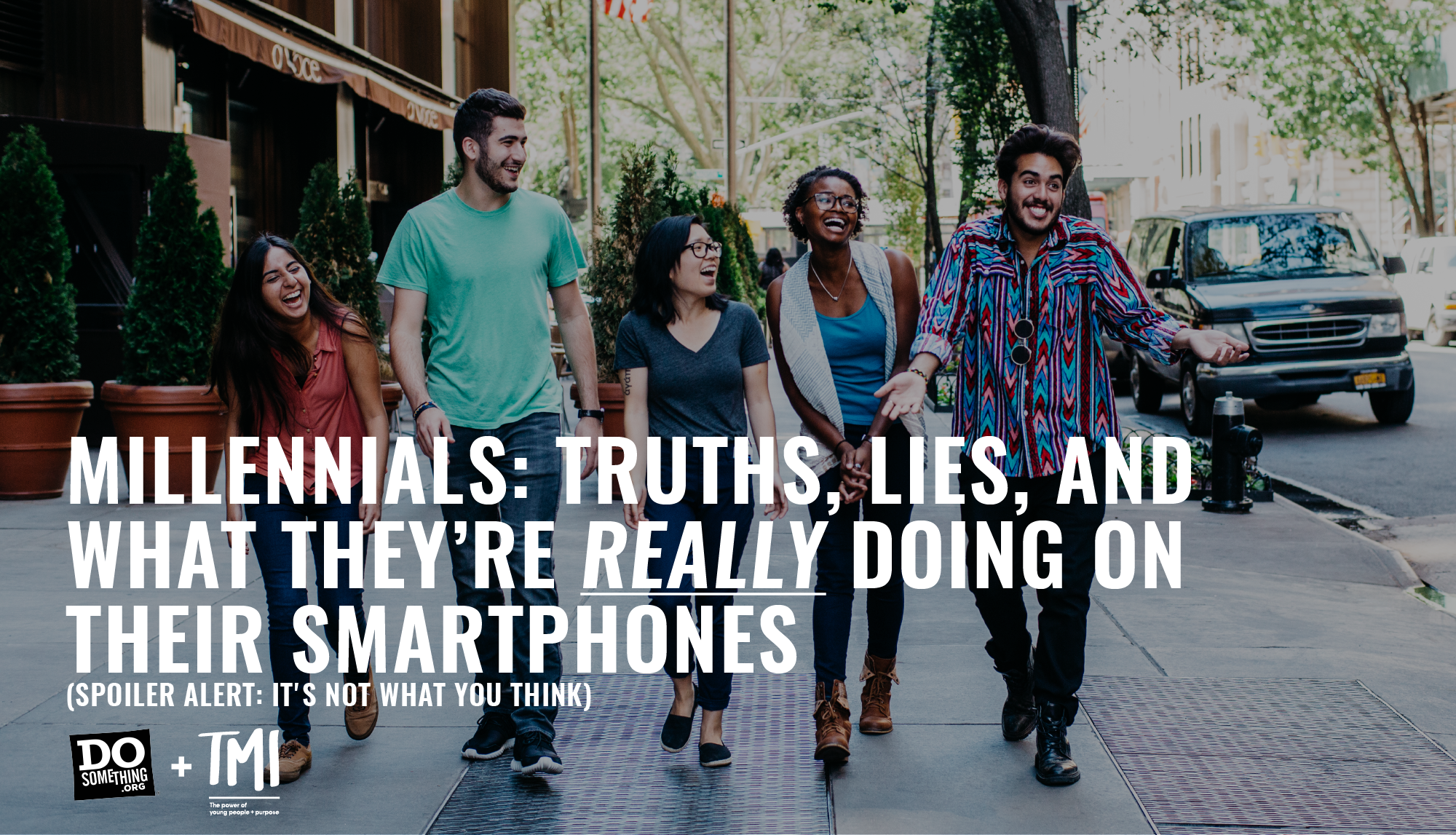
Excerpt from this article, which has a link to the study (itself a great read!):
The Havas study says pretending to be busy has become a vital workplace survival skill thanks to our modern society’s tacit celebration of being overloaded.
“Our issue with time seems to be not so much that we have too little of it, but that we now equate being busy with leading a life of significance,” the report notes. “And we don’t want to be relegated to the sidelines. In an essay in The New York Times, writer Tim Kreider observed, ‘Busyness serves as a kind of existential reassurance, a hedge against emptiness; obviously your life cannot possibly be silly or trivial or meaningless if you are so busy, completely booked, in demand every hour of the day.'”
…
“It’s a reflection,” Maleeny said. “There’s been a lot of talk of the hyper-connected world, and that’s only going to get more connected as our cars get smarter, as we enter the world of flying cars and talking toasters, and I think that as that emerges, it’s going to be harder to disconnect.”
…
How everyone will come to grips with the realities of living with more strings (or WiFi signals) attached is still forming. Maleeny said millennials at the “crest of the wave” of connectivity have brought along older generations. However, Maleeny added, unplugged holidays and daily meditation time through yoga could become more common.
“You’re starting to see some pushback,” he said. “The joy of missing out, or JOMO, if you like. But the social currency [of busyness] is still around.”









